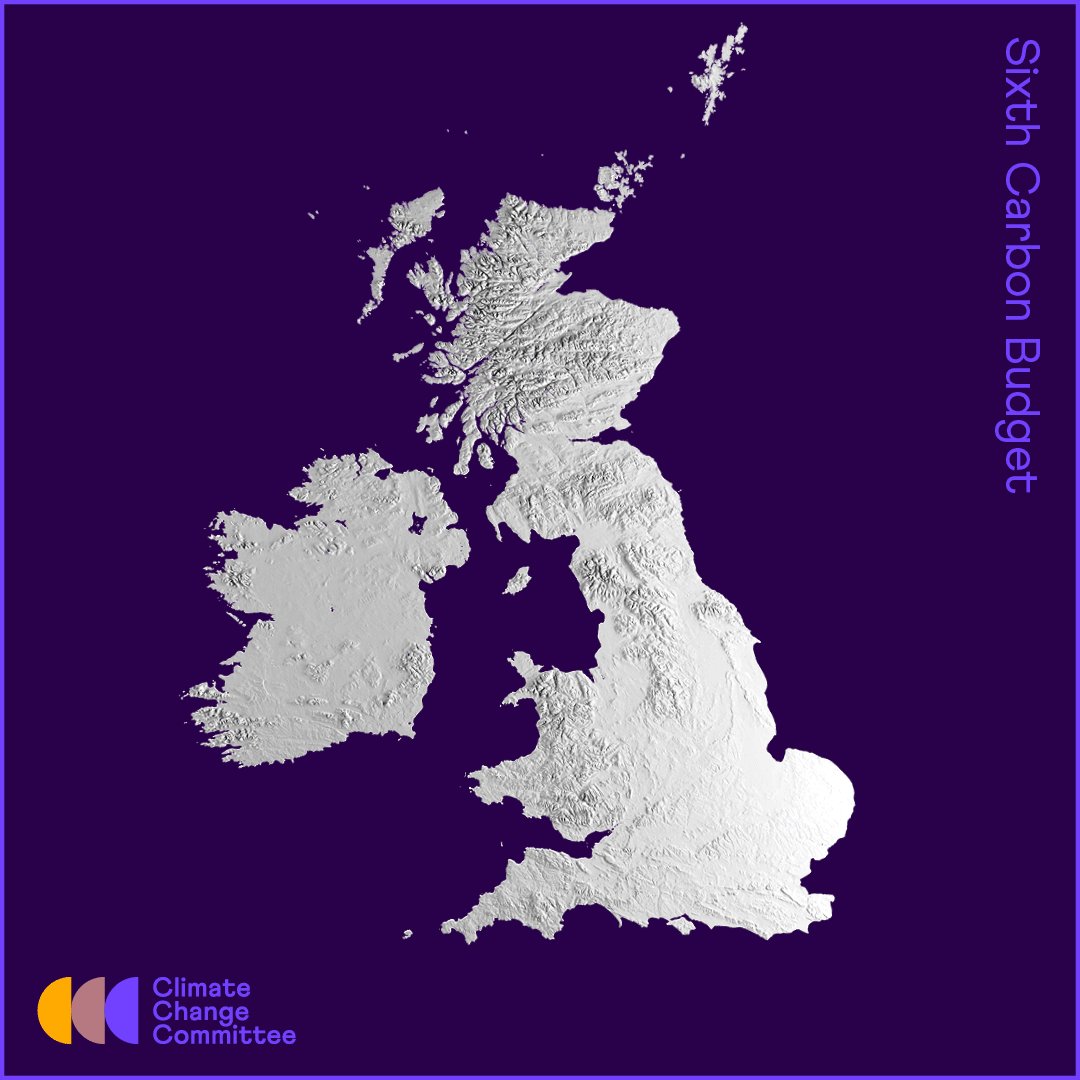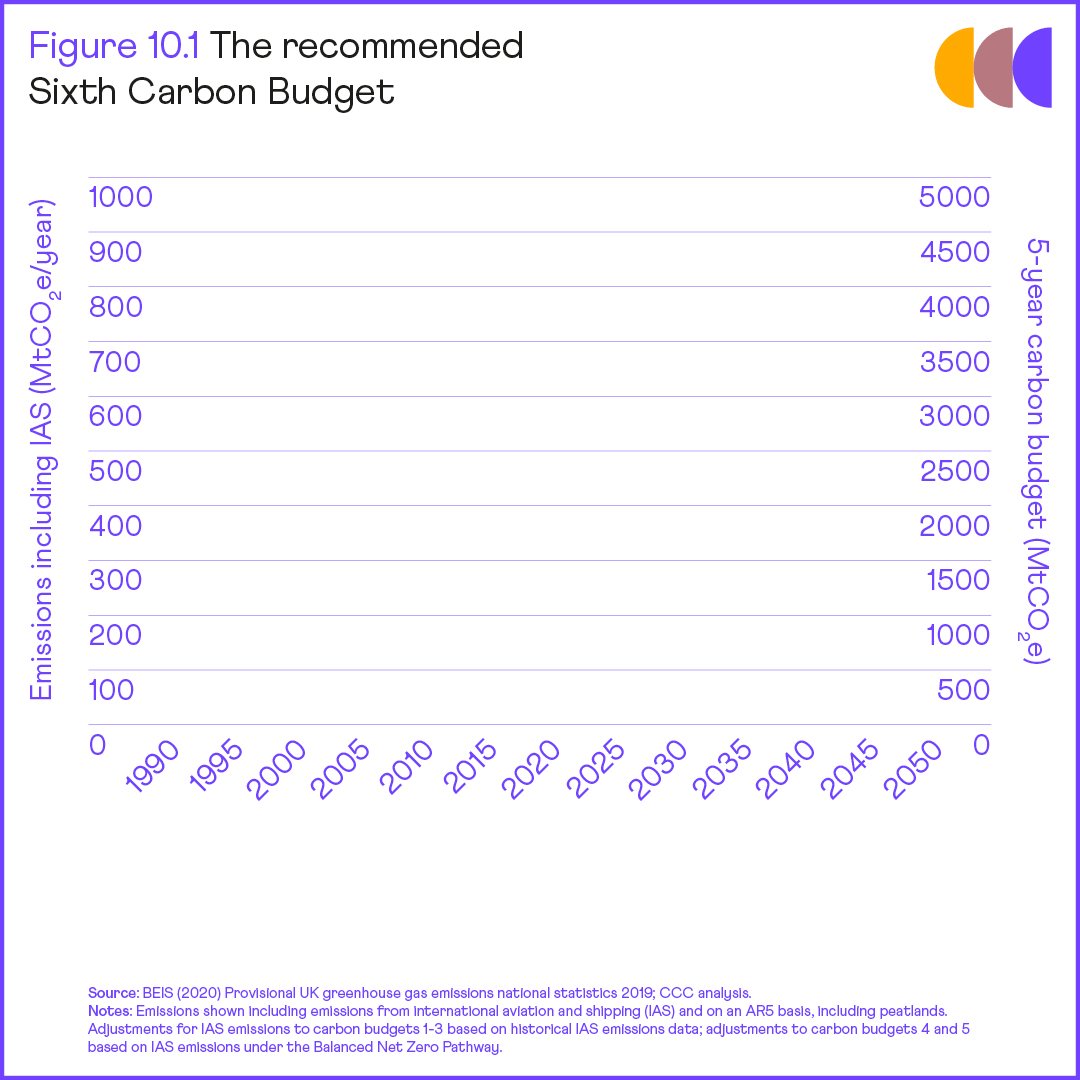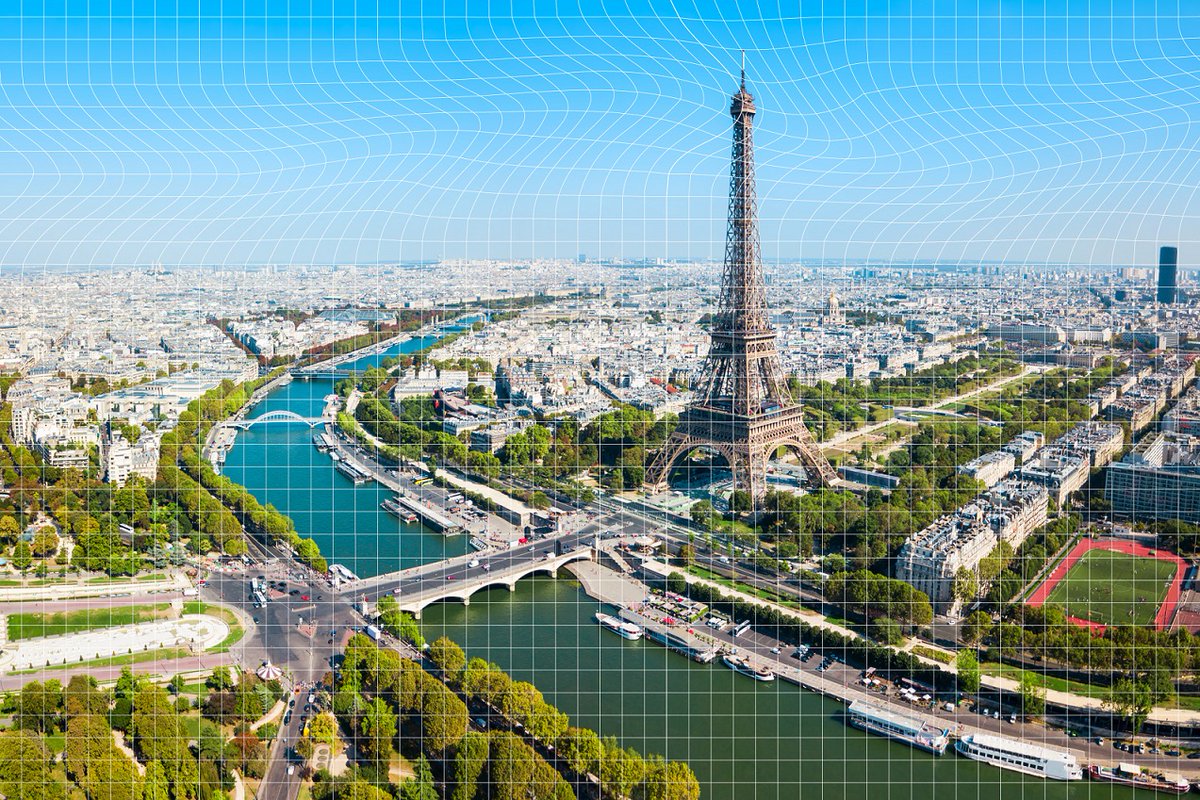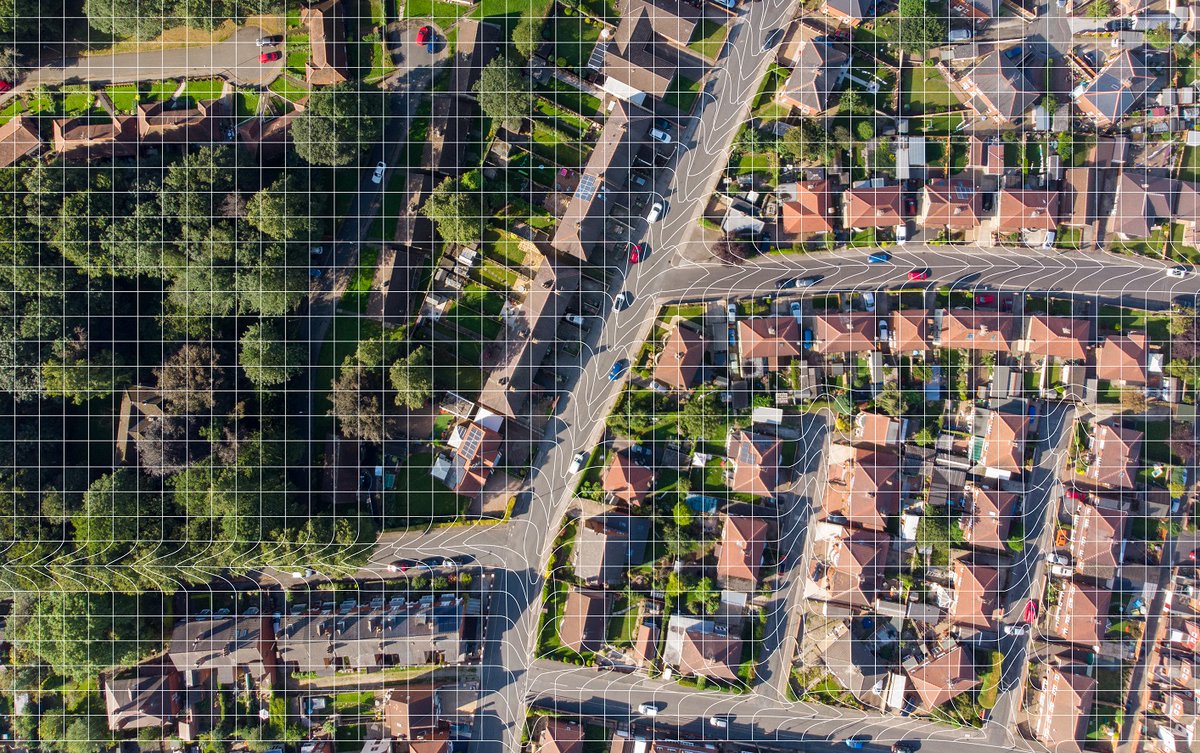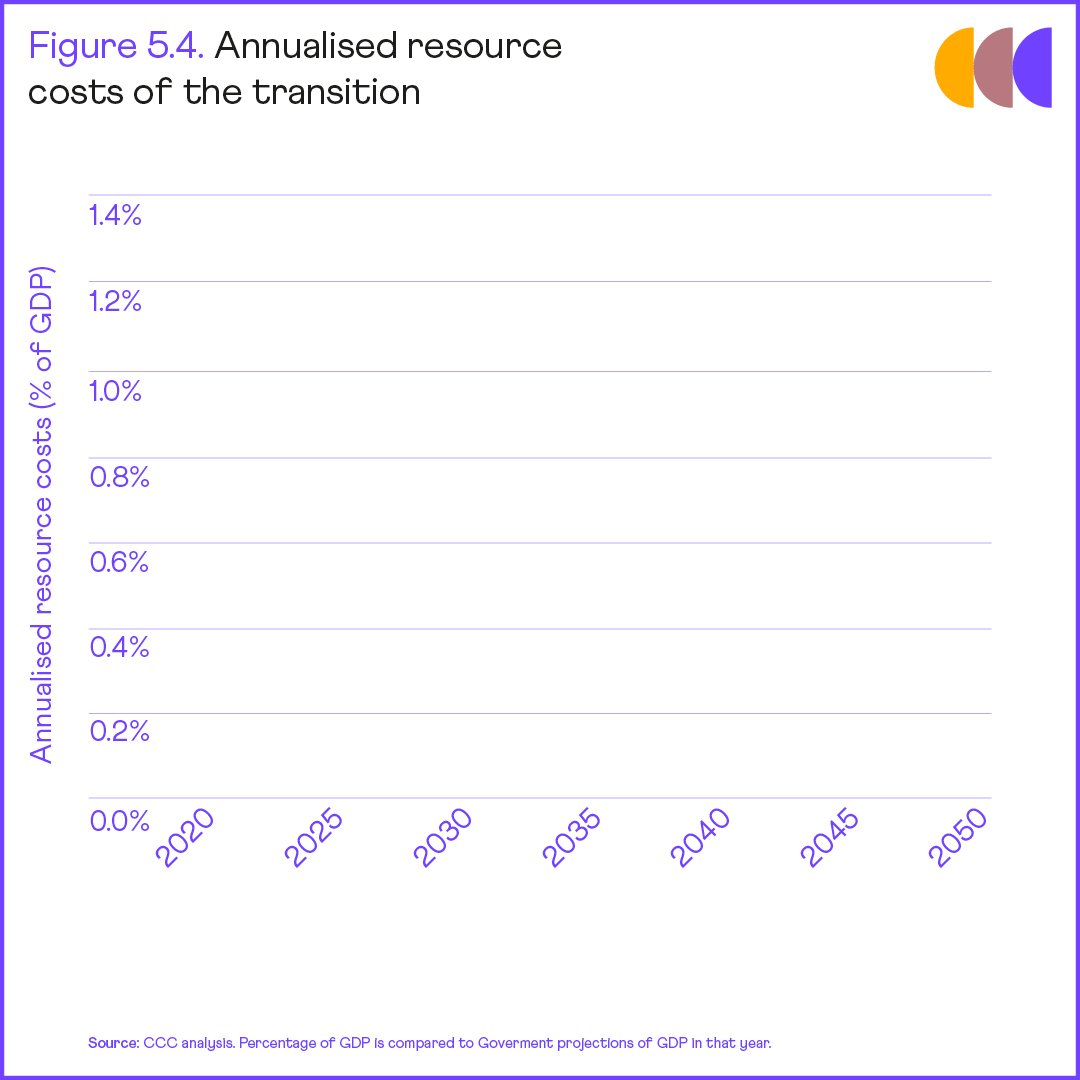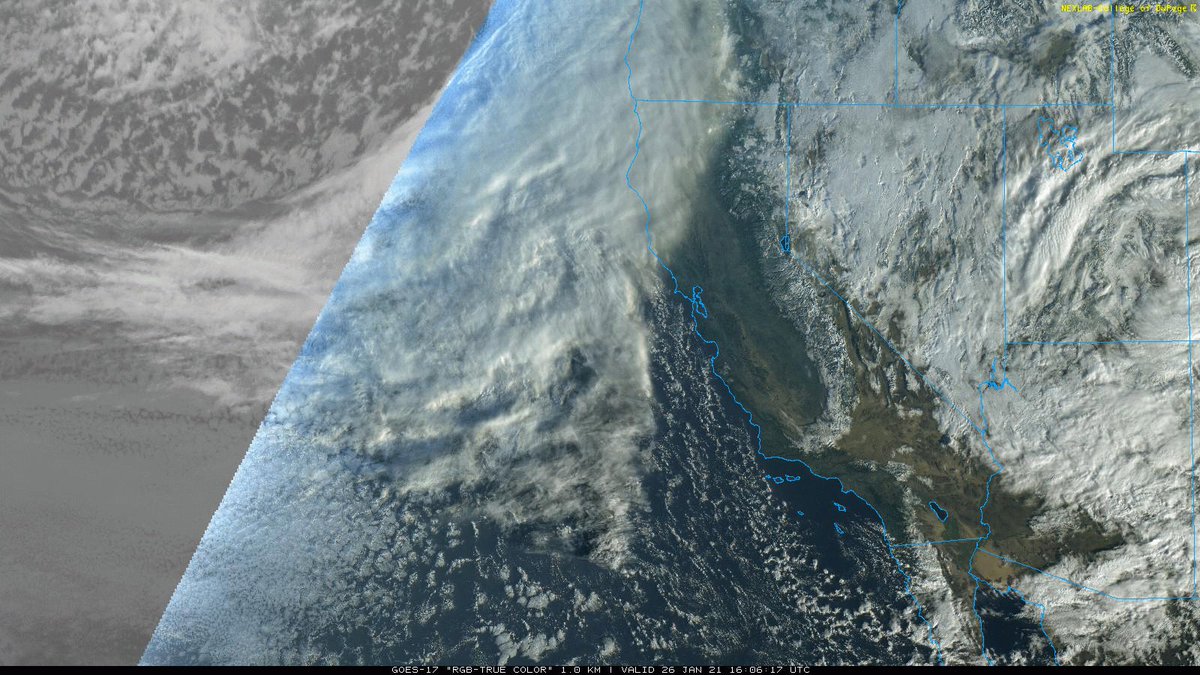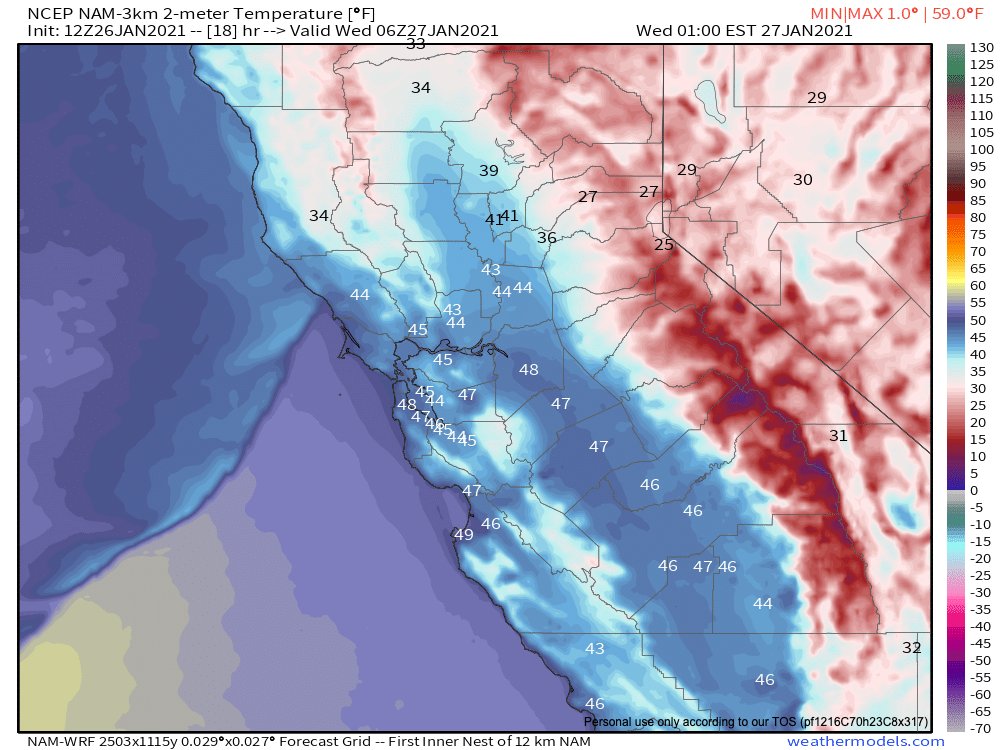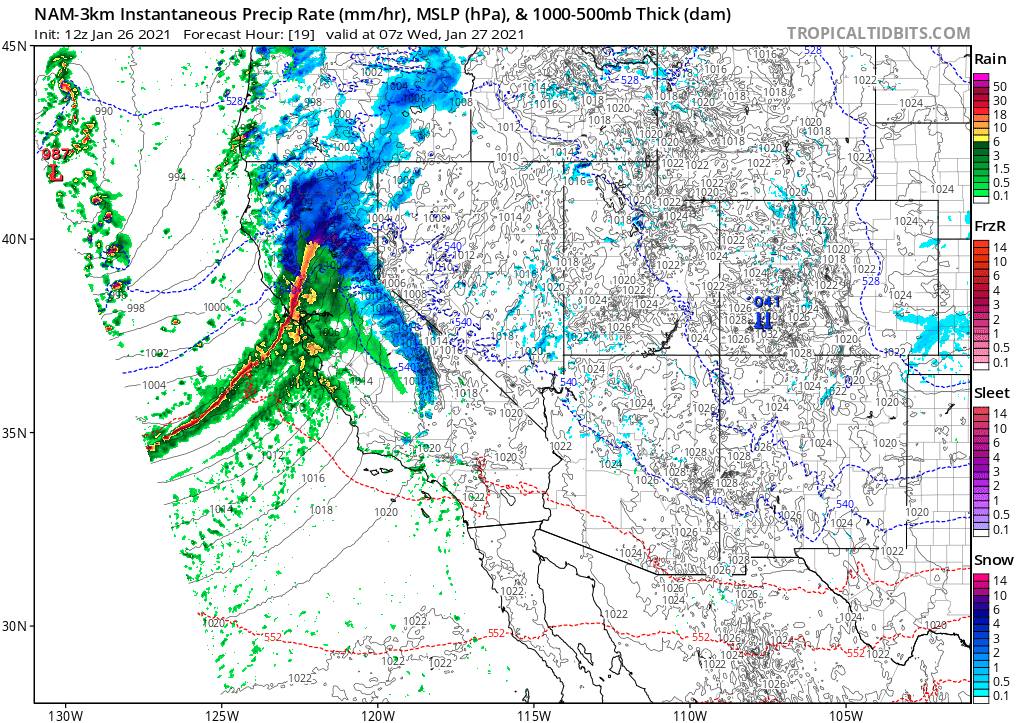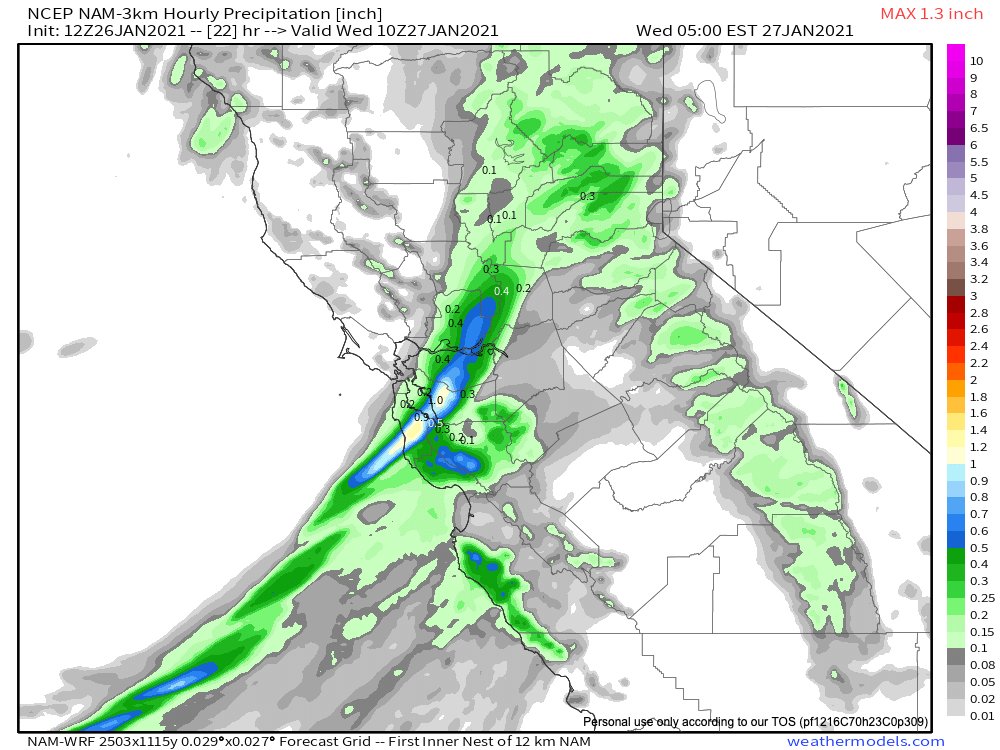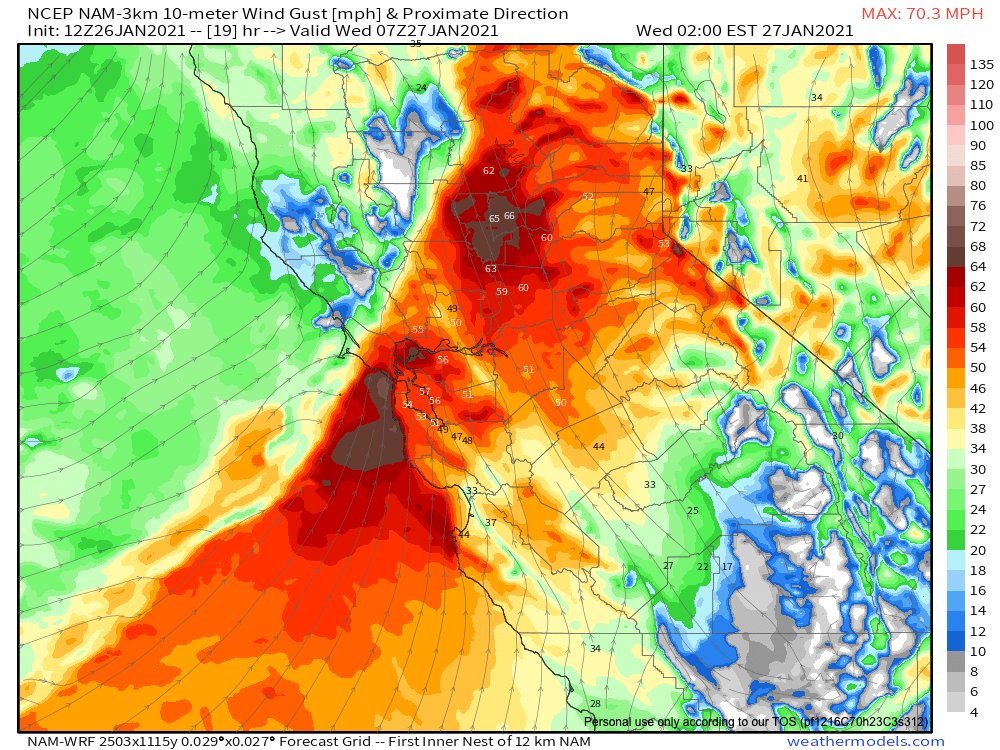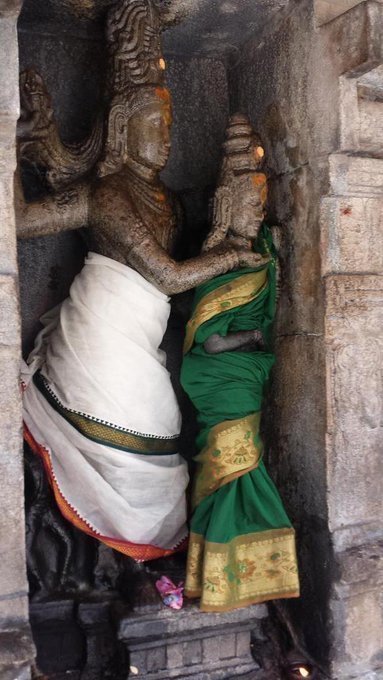THOUGHT EXPERIMENT: Some 70% of people, depends how you ask, accept the global emergency. Climate system destabilisation is one aspect, declining biodiversity and increasing pollution is another. I ask: what would actually *break* if humanity responded decisively? 1/
More from Climate change
I don't have time to make this detailed, but here's a little thread about the world's first major politically-charged blackout that was blamed on renewables, in South Australia, in 2016............
On September 28, 2016, an unprecedented tropical storm progressed rapidly across South Australia. Truly - this thing was unusual. The sky folded in on itself. It tore towns to bits.
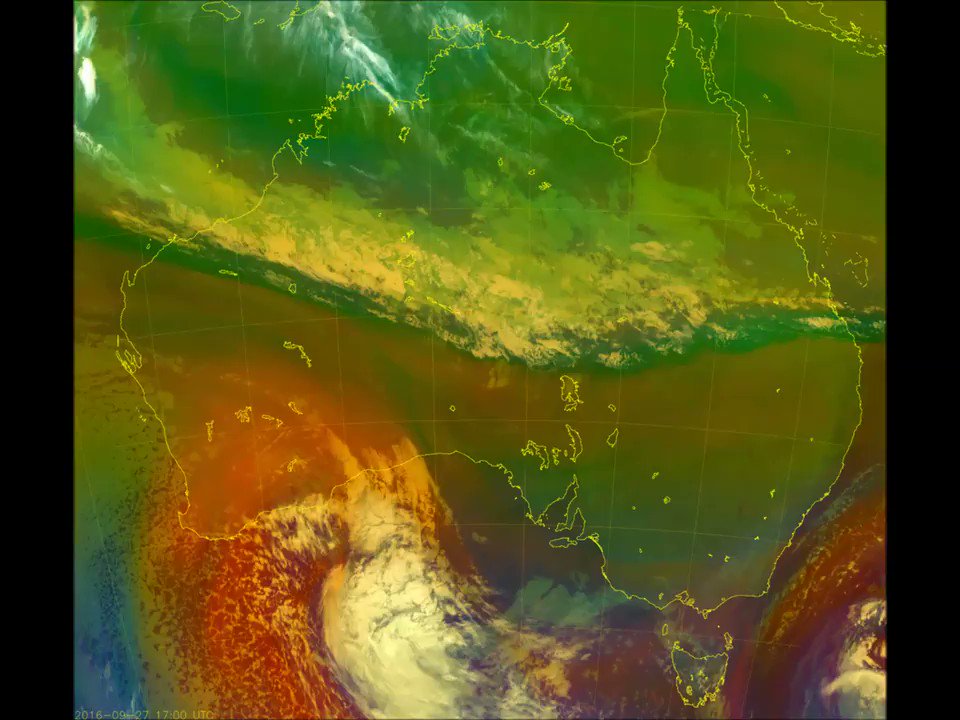
Australia's @climatecouncil pointed out that the storm was so unusual at least partly due to the influence of climate change, and that this is due to get worse.
https://t.co/76ekkfJpR8

I'm going to use brief snippets from my book to fill this out! The storm's primary impact on the grid was the destruction of several major transmission lines. When I say destruction - I mean they snapped like twigs.
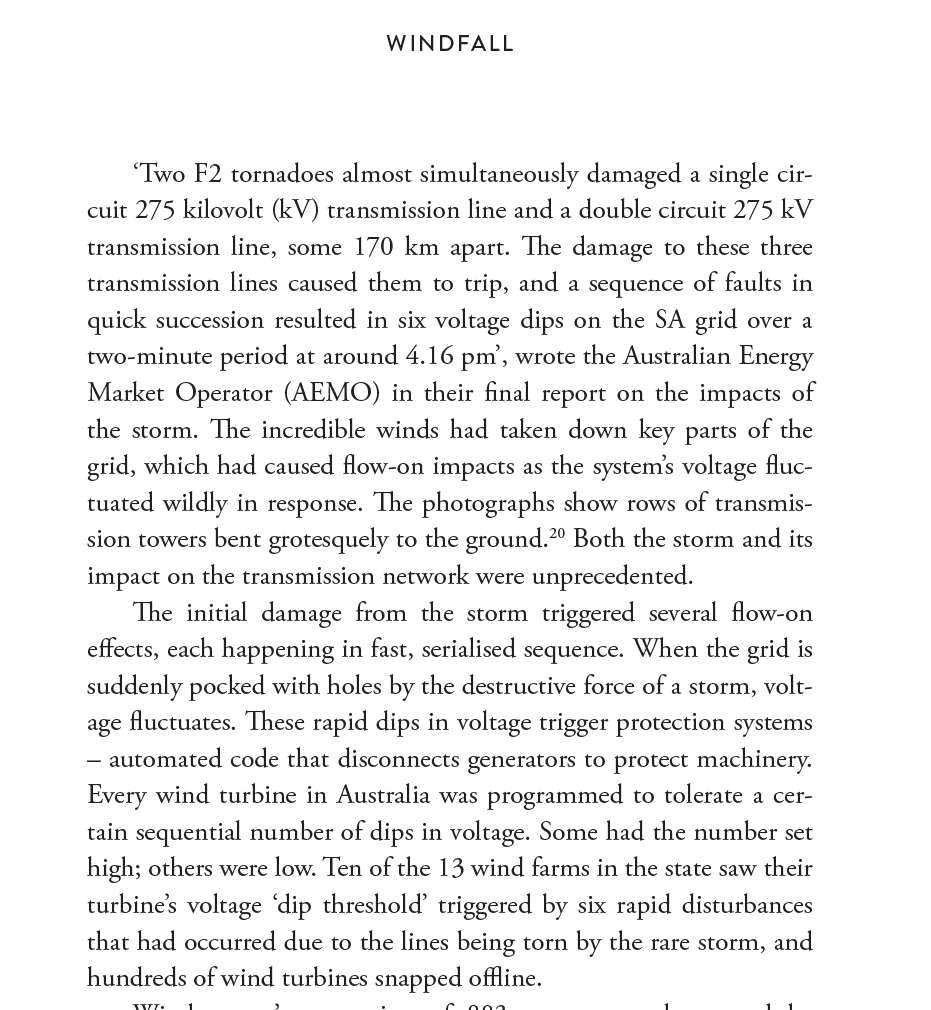
Here's what happened in the following seconds:
- A voltage spike from the line falls
- Wind turbines automatically shut off due to software settings that trigger shutdown during a spike
- The interconnector to Vic tried to compensate, failed and died
- All of SA blacked out
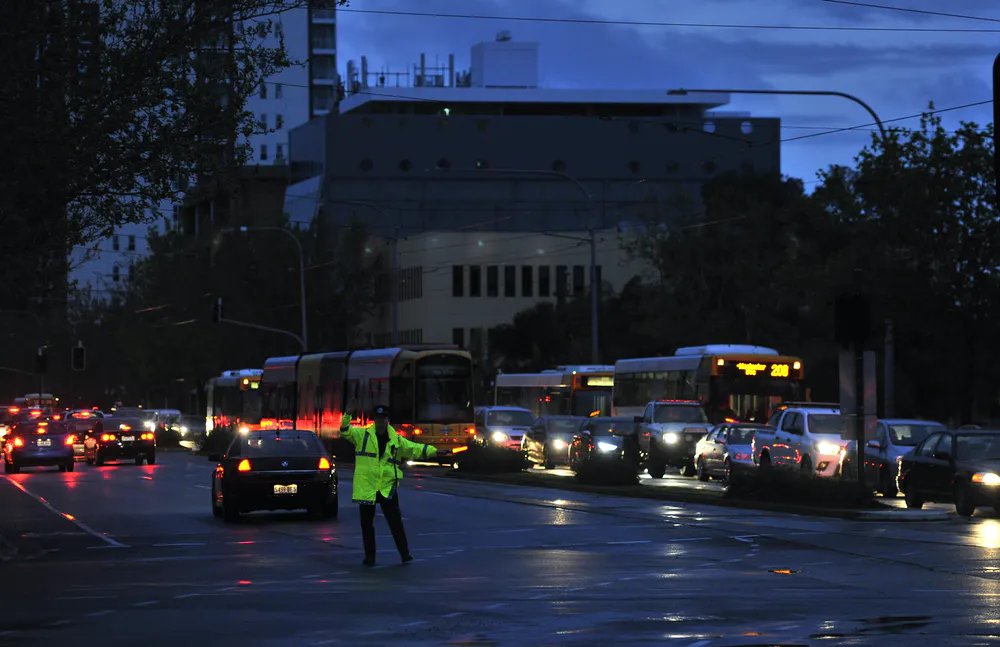
On September 28, 2016, an unprecedented tropical storm progressed rapidly across South Australia. Truly - this thing was unusual. The sky folded in on itself. It tore towns to bits.

Australia's @climatecouncil pointed out that the storm was so unusual at least partly due to the influence of climate change, and that this is due to get worse.
https://t.co/76ekkfJpR8

I'm going to use brief snippets from my book to fill this out! The storm's primary impact on the grid was the destruction of several major transmission lines. When I say destruction - I mean they snapped like twigs.

Here's what happened in the following seconds:
- A voltage spike from the line falls
- Wind turbines automatically shut off due to software settings that trigger shutdown during a spike
- The interconnector to Vic tried to compensate, failed and died
- All of SA blacked out



